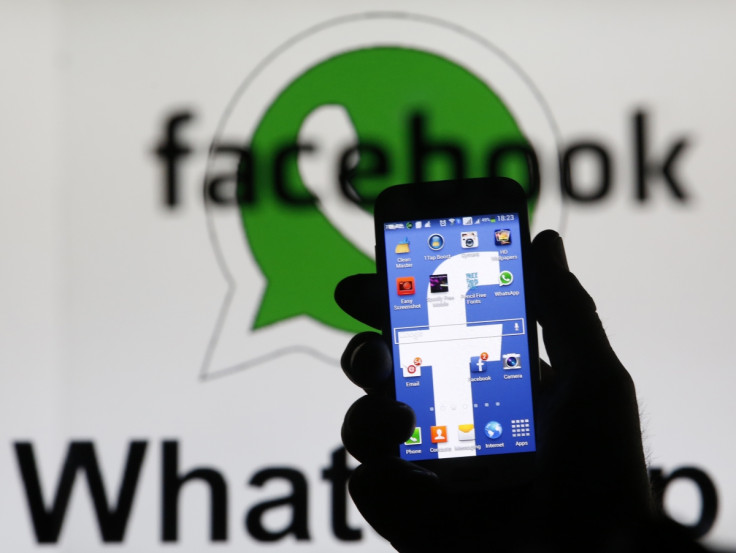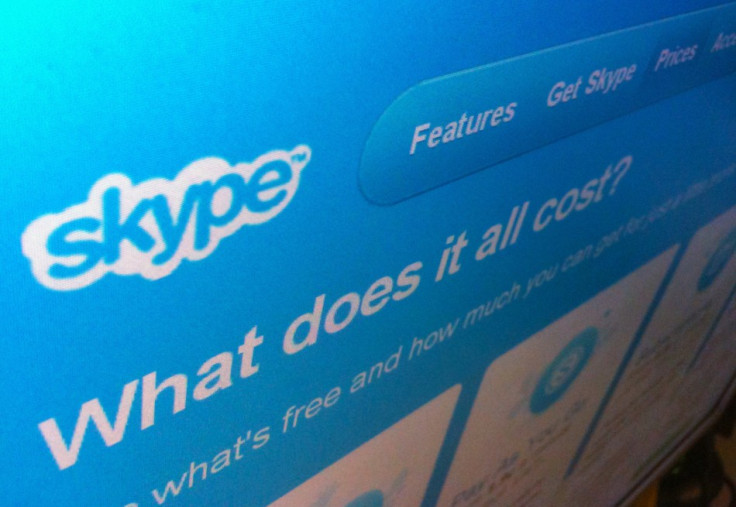Why It's Not the End of the Line for Telephone Numbers

Back in 2011, the International Telecommunication Union released a report outlining that there were approximately six billion mobile subscriptions across the planet – just one billion less than the overall world population.
Estimations pitted the total number of telephone numbers in the tens of billions. Fast forward three years and it's pretty unbelievable that many people are now predicting telephone numbers could soon become obsolete.
The Grim Reaper of Phone Numbers
So what is being pitted as the grim reaper telephone numbers?
For some, it's Facebook - the $19bn (£11.3bn, €14bn) that it spent on WhatsApp has been interpreted as a surreptitious attempt to redefine the telecoms market, whereby killing of telephone numbers is just an unexpected by-product.
WhatApp's SMS service was just the beginning – earlier this year the vision became clear when the announcement came that it would be launching voice services from the second quarter.
Understandably this announcement was met with horror from the telecoms community, quickly followed by the outlandish predictions that it would spell the death of numbers. Whilst I'm not going to deny that the rise of mobile Voice over IP network (mVoiP) apps (Over-The-Top VoIP apps like WhatApp's planned voice services) won't take revenue away from fixed line and mobile operators, in my opinion those predicting the death of numbers are way off - and here's why.
Why Phone Calls Are Here to Stay
Firstly, mVoIP apps aren't new. When Skype launched some predicted it would spell the certain demise for traditional telecommunications operators.
It now drives a third of the world's phone traffic, and many of its subscribers purchase a 'Skype Number' – a regular telephone number – enabling non-Skype users to call the Skype subscriber from anywhere in the world.
Other mVoIP operators have also been on offer to consumers for a number of years, from Viber to Fring and Nimbuzz, and users are using them concurrently with their mobile number.
Secondly, there appears to be confusion between the reduction in consumer landline usage and the overall death in numbers.
It's certainly true that landlines are in decline – 15% of households in the UK have ditched their landline, and this rises to 40% of households in the US. However, just because consumers are slowly moving away from landlines it doesn't mean that the total amount of numbers are falling – this reduction is being more than offset in other areas.
A huge driver for the increased uptake of telephone numbers is mobile subscriptions, and in turn the growing use of SIMs for machine-to-machine (M2M) technology. Last year Comreg, the Irish telecoms regulator, announced that it would be releasing one billion new phone numbers for M2M communications.
Whilst data-only M2M devices theoretically don't require a telephone number, any device that needs to communicate via SMS – used as an alternative for when a data bearer isn't required or isn't available due to coverage limitations – does.
The Virtual Office
Telephone numbers are also at the heart at the next phase of evolution in business communications – the virtual office.
Numbers no longer have to be attributed to a physical device – they can be given to anybody, anywhere, and then connected via the Internet and used through a physical VoIP phone or software 'soft phone'.
It sounds complicated but it really isn't.

Put simply, businesses can purchase a telephone number, from nearly anywhere in the world, and using VoIP technology, calls can be routed to anywhere with an Internet connection. For example, a business moving out of London to the country needn't change their number, or a business that wanted to establish presence in another country need not even set foot there, let alone establish a physical office presence.
This flexibility is also driving an increase in innovation in the call centre sector – for example an individual telephone number can be assigned per advertising medium or outlet, and even a unique telephone number to each website visitor – allowing for advanced call analytics and campaign response measurement.
So, far from being dead, I firmly believe that the numbering market is in fact evolving, and there are huge opportunities for businesses to take advantage of these innovations.
TeleGeography analyst Stephan Beckert sums it up pretty well - "no other network comes close to matching the global reach of the Public Switch Telephone Network (PSTN)."
Facebook's 1.2 billion monthly users are dwarfed by 8 billion fixed and mobile subscribers that are connected the PSTN.
To put it into context, you can reach 8 billion people throughout the world from anywhere in the world, just by dialling a sequence of digits. With that in mind, it's clear that numbers will be top-dog for a long time to come.
Alex Kinch is the CEO of voice and messaging service provider Ziron.
© Copyright IBTimes 2025. All rights reserved.





















